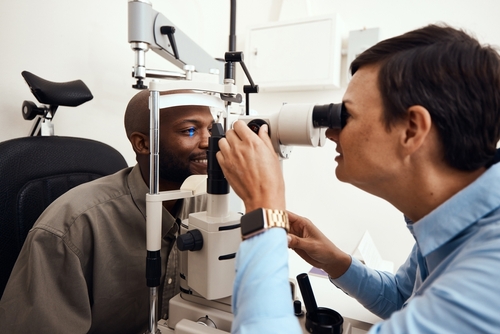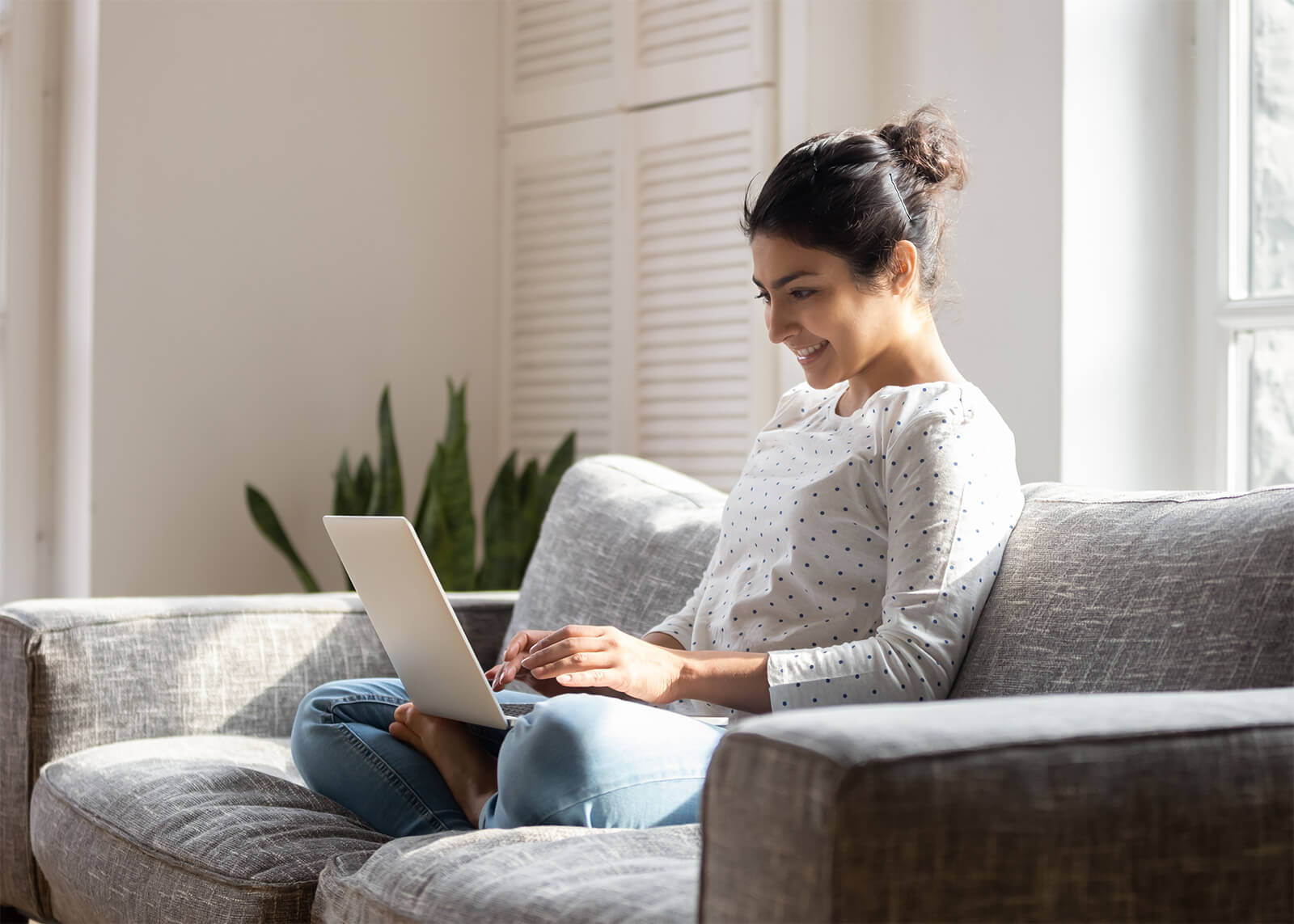Posted by: Associates in Ophthalmology (NJ) in Eye Health
Eye exams are incredibly important for your vision health. They allow your eye doctor to take a thorough look at your eyes, detect any signs of potential eye conditions, and educate you on how best to protect your eyesight.
If you’ve never had a comprehensive eye exam before, you may be wondering what happens during one. Because your eye doctor will want to examine both eyes thoroughly, your comprehensive eye exam may take an hour or more.
Keep reading to learn more about what you can expect at your next eye exam!
Your Medical History
Before the tests begin, your eye doctor needs to have a clear understanding of your medical past. This includes asking you questions like what medications you are taking if you have had any previous surgeries, and if you are allergic to any medicine.
They will also need to know about your family’s medical issues. Diseases like diabetes can strongly impact your vision. Eye-related conditions like glaucoma can also be genetic.
So your doctor needs to know what you are at risk for.
Visual Acuity Test
One of the first things your eye doctor or technician will test is your visual acuity. This test gives your eye doctor a baseline understanding of your quality of vision.
The test is very simple. You will be seated twenty feet away from a chart.
On this chart, there is a series of letters. Your eye doctor will ask you to cover one eye and read the smallest line of letters you can.
Once this is completed with the other eye, your eye doctor will have a better understanding of how well you can see at a distance. The result of this test will indicate to your eye doctor whether or not you may need glasses or if further tests are necessary.
Refraction
If your visual acuity could use some sharpening, your eye doctor may perform a test called a refraction. During refraction, your eye doctor will place different lenses in front of your eyes and ask you which ones look clearer.
Once this process is complete, your eye doctor will use the results of this test to determine a glasses prescription for you if needed.
Eye Pressure Test
It is important to get the pressure in your eye tested regularly. High eye pressure causes glaucoma, a condition that slowly and permanently damages your eyesight if left untreated. It has no other symptoms, and early detection is key to preventing vision loss.
Glaucoma is an excellent example of why regular eye appointments are needed. There are many methods that eye doctors use to test eye pressure.
If your eye pressure measures within normal range, no further tests will be necessary. However, if your eye pressure is consistently high, your eye doctor may perform other tests to ensure you do not have glaucoma.
Slit Lamp Examination
Skilled eye doctors can predict problems in your vision by looking at the structure of your eye. They use an instrument called a slit-lamp to light up the front part of your eye and look it over closely.
Specifically, they are checking the cornea, the iris, the lens, the retina, and even the eyelids. If they find anything of interest about any of these structures, they can investigate further.
In order to look at the back of your eye, your eye doctor will give you dilation drops, which will increase the size of your pupil. You should expect to be dilated at least once a year.
Although these are some of the most common tests done during an eye exam, your eye doctor may perform additional testing to determine the health of your eyes.
Is it time for you to have a comprehensive eye exam? Schedule an appointment at Associates in Ophthalmology in Livingston, NJ, today!


